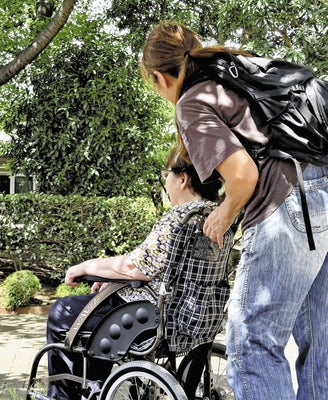A growing trend among the Japanese workforce entails employees managing their careers while also providing for 'uninsured' eldercare. This refers to aging care services that are not covered by insurance, revealing a gap in Japan’s social welfare system. While these workers juggle these responsibilities, debates escalate surrounding the roles of corporations, the state, and the individual in ensuring the well-being of Japan's growing elderly population.
In Japan, the responsibility for elderly care traditionally resides with the family. However, as the country grapples with an aging population and a declining birth rate, this responsibility puts considerable strain on individuals, especially those engaged in full-time work. Given the prevalent cultural value of "filial piety" and societal expectation, many see providing for eldercare as an integral part of their familial duties, despite the challenges it poses to their professional life.
In contrast to Japan, in the US and EU, a more diversified approach to eldercare is present. There's an increased usage of care homes, social workers, paid caregivers, and institutional supports. Still, as populations age globally, balancing work and unpaid caregiving duties is becoming a universal challenge.

